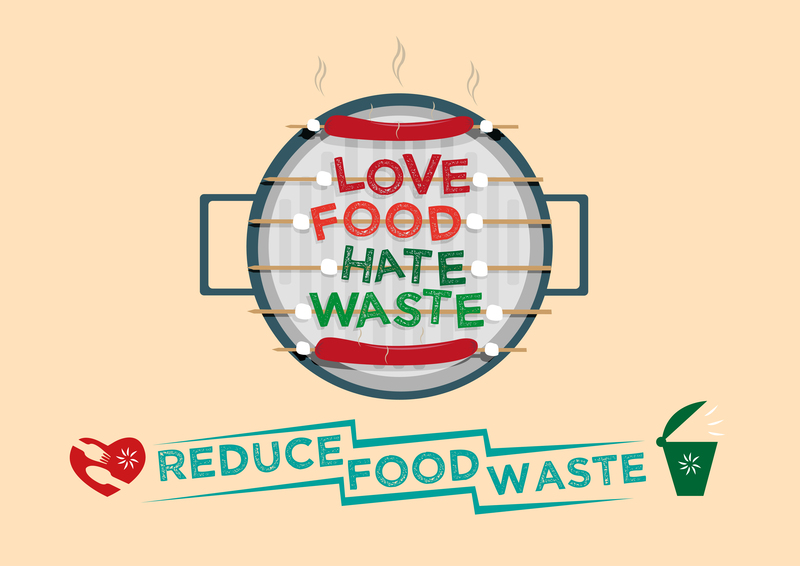5 Reasons to Prioritize Waste Management
Posted on 11/04/2025
Effective waste management is an essential aspect of modern society. Proper waste management strategies help mitigate the chances of environmental pollution, enhance public health, and boost economic growth. Ignoring this critical issue isn't an option if we aim for a sustainable future. Here are five compelling reasons to prioritize waste management today.
1. Environmental Protection
One of the primary reasons to prioritize waste management is to protect the environment. Improper disposal of waste can lead to the contamination of air, water, and soil, posing severe threats to wildlife and ecosystems.
For instance, plastic waste often finds its way into oceans, adversely affecting marine life. By implementing effective waste management practices, we can reduce the pollution levels, thus ensuring that our natural resources remain clean and safe for future generations.

2. Public Health and Safety
Waste that is not properly managed can become a breeding ground for various diseases. Decomposing organic waste, in particular, attracts pests such as rodents and insects, which are carriers of diseases. In addition, hazardous waste can cause immediate and long-term health problems if people are exposed to it.
Prioritizing waste management helps communities maintain a higher standard of public health and safety, as it minimizes the exposure to harmful waste materials.
3. Economic Benefits
Effective waste management isn't just good for the environment and public health; it also has substantial economic benefits. Recycling and composting create jobs and contribute to the economy.
Furthermore, improper waste management can lead to costly clean-up operations, legal penalties, and a loss in tourism and other local revenues. By investing in proper waste management practices, communities can avoid these financial pitfalls.
4. Resource Conservation
Landfills and incinerators not only take up valuable space but also waste materials that could be reused or recycled. Through effective waste management, valuable resources such as metals, paper, and plastics can be reprocessed and repurposed, thus conserving raw materials and energy.
Resource conservation reduces the need for new material extraction, which often involves environmentally damaging processes. This makes resource conservation another critical reason for prioritizing waste management.
5. Climate Change Mitigation
Improper waste disposal methods such as landfills and incineration release greenhouse gases like methane and carbon dioxide, contributing to global warming. By prioritizing waste management, especially through methods like recycling and composting, we can significantly reduce the greenhouse gas emissions associated with waste.
Enhanced waste management practices thus play a crucial role in our fight against climate change, making them indispensable for a sustainable future.
Pros and Cons of Waste Management
Pros:
- Environmental Protection: Reduces pollution and conserves natural resources.
- Public Health: Minimizes health risks associated with waste exposure.
- Economic Growth: Creates jobs and fosters economic development.
- Resource Conservation: Reduces the need for new raw materials and energy.
- Climate Change Mitigation: Lowers greenhouse gas emissions.
Cons:
- Cost: Initial costs for setting up waste management systems can be high.
- Effort: Requires continuous monitoring and public participation for effectiveness.
- Technology: Advanced waste management solutions may need sophisticated technologies.
Tips for Effective Waste Management
- Segregate waste at the source to simplify recycling and disposal processes.
- Encourage community involvement through awareness programs and incentives.
- Adopt the 3Rs: Reduce, Reuse, and Recycle whenever possible.
- Invest in professional waste management services for better efficiency.
- Utilize composting to manage organic waste effectively.

Takeaways
- Prioritizing waste management is crucial for environmental protection, public health, and economic benefits.
- Effective waste management practices can mitigate climate change and conserve resources.
- While there are initial costs, the long-term benefits far outweigh the disadvantages.
Conclusion
Prioritizing waste management is not just an option but a necessity in today's world. With significant benefits ranging from environmental protection and public health to economic growth and climate change mitigation, the importance of effective waste management cannot be overstated. By understanding the pros and cons, and employing expert waste management tips, communities can make considerable strides toward a sustainable future.
Latest Posts
UK's Environmental Issues: Waste Dumping
Effortless Household Recycling Ideas






